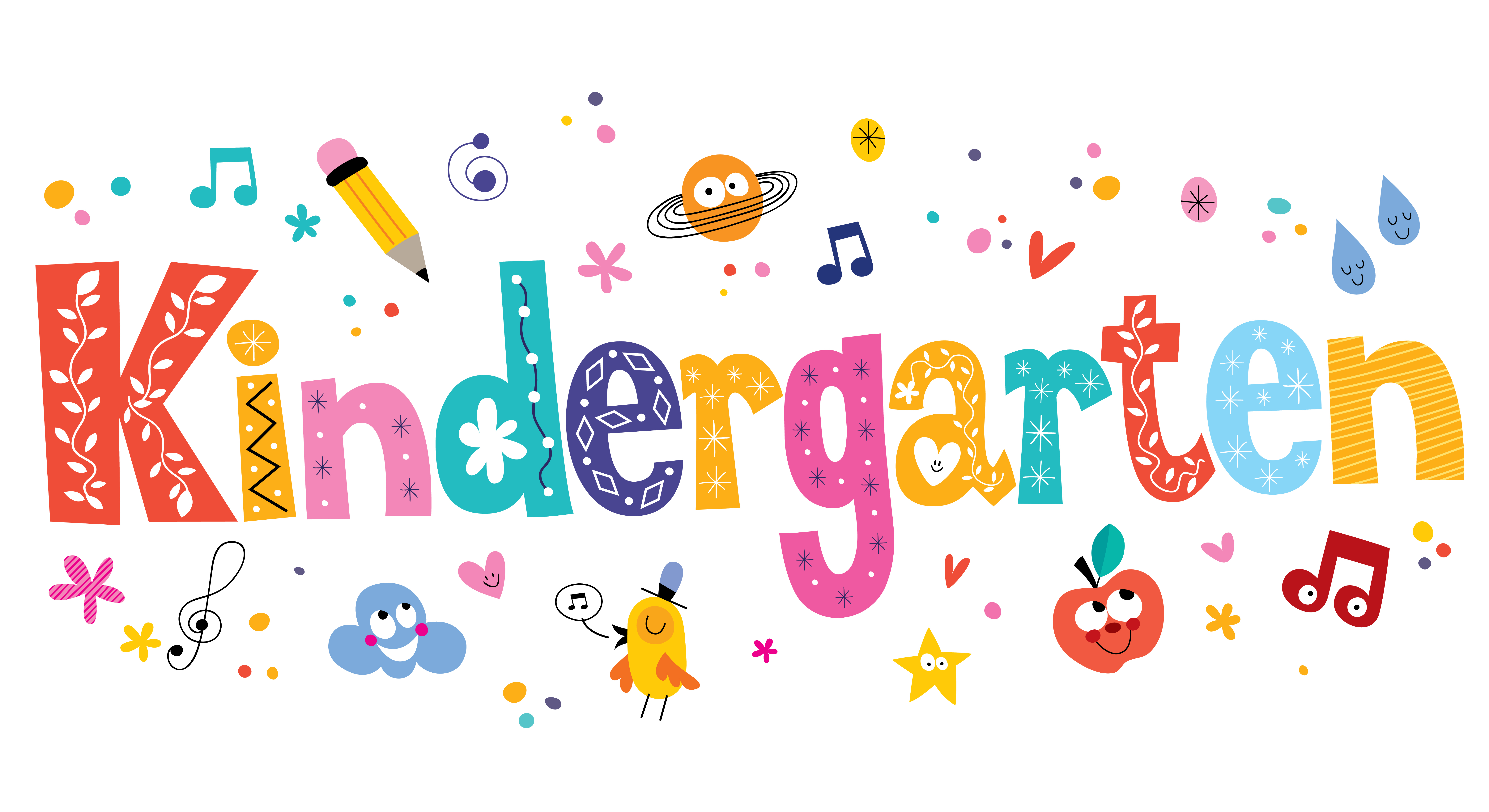by Mike Daly
Sending a child off to kindergarten can be a very trying and emotional time for young parents. Some parents may find themselves with additional stress added by the trending question of whether to wait an additional year before enrolling their children in kindergarten, a practice referred to as “redshirting.” Education researchers and specialists have borrowed the phrase “redshirting” from college athletics, where the term is used to describe a coach’s decision to hold a freshman back from playing until his or her sophomore year. In college, the thinking goes that the frosh can use another year to develop physically and mature mentally so that they can better cope with the rigors and commitment required of college athletics. The same is true with kindergarten “redshirting,” in that many parents feel strongly that their child can benefit from an extra year of academic, physical, social and potentially emotional growth.
The story that stirred much of the excitement around delaying kindergarten was found in, of all places, Malcolm Gladwell’s 2008 bestseller, “Outliers.” In “Outliers,” Gladwell meticulously detailed the birth dates—and, most notably, birth months—of professional hockey players. Gladwell found that a disproportionate number of hockey pros were both in January, February and March, and thus were the oldest kids in their respective classes while growing up. To Gladwell, being among the older and more developed in one’s class was the secret edge that explained many professional hockey players’ success.
Gladwell’s limited research has been joined over the past decade with several other pieces of scholarly literature that show a mixed bag of results. A 2006 study out of the University of California at Santa Barbara highlighted the academic and social advantages held by the older children in the class. While the study reported the advantage was the strongest and most prevalent during the early formative years of grade school, there was also a continuation of positive results into middle school. While other studies have found similar results, there are just as many analyses that have found less than enthusiastic results for redshirting your preschooler. For example, a 2017 study co-authored by a preschool director and researcher at Northwestern University found that benefits experienced by the older children who delayed kindergarten often dissipated by grade school.
As with all things in education, the decision and potential success of delaying kindergarten can turn on socioeconomic factors. For instance, redshirting is being practiced predominantly by parents that tend to have higher incomes and more extensive education. It makes sense that wealthier parents are more likely to redshirt their children, as they would be better able to afford the additional expense that comes with an extra year of preschool. The reason why many higher educated parents are holding their children back from kindergarten may come as a surprise: researchers have found that they may have loftier expectations that their young children, in a sense, dominate kindergarten. Some believe that holding preschoolers back may give them the opportunity to thrive in kindergarten as the most developed and academically impressive students, much like their highly educated parents.
As available literature fails to yield any concrete findings of redshirting’s success or failure, many parents find themselves basing this important decision, not on cold statistics, but feel. After all, it is the parents who best know their children and have firsthand knowledge of how a child is progressing through their early developmental years. It may be a child’s unique attributes that serve as the basis for delaying kindergarten. For example, a smaller child with a late birthday may stand to benefit from being redshirted as an extra year of actual physical growth may improve their confidence in entering kindergarten. If the child enjoys sports, or the parents have a desire to have them engage in sports, an extra year of growth and cognitive development can certainly put the child on a positive track for athletic success. Other parents may feel their child isn’t integrating well enough socially in preschool, and in turn, fear that the lack of integration will only deepen come kindergarten.
While an extra year in preschool may give a child the time they need to develop, parents would be well advised to take into consideration the drawbacks of delaying kindergarten. Family researchers have warned of the anxiety or hit in self-confidence that can come with a child realizing that their friends are moving onto kindergarten without them. Moreover, a redshirted child may later on in life experience some self-doubt when realizing that other children or young adults of similar age are a year ahead.
The good news is that if you are a parent or soon-to-be parent who is reading this article, it is very likely your child is in good hands and being well-served by a responsible adult who is putting genuine thought and consideration into the child’s future. Whether a child enters kindergarten with the rest of their age group or is delayed a year to better prepare for the increasing demands of kindergarten, the most important thing is that the child has a strong support structure in place. Over time, there will be many factors that play into a child’s academic, social, physical and cognitive development. The age at which the child enters kindergarten is just one of those factors; research suggests that there really is no right or wrong decision. So long as the child understands that they have plenty of time and opportunity to develop and come into their own, they will be well-positioned to flourish later in life.








Leave A Comment